Obstetrics & Gynaecology
What is Gynaecology?
Gynaecology is a medical study that deals with the disease related to the female reproductive system. The gynaecologist treated all the illnesses associated with the women’s reproductive systems under the department of gynaecology.
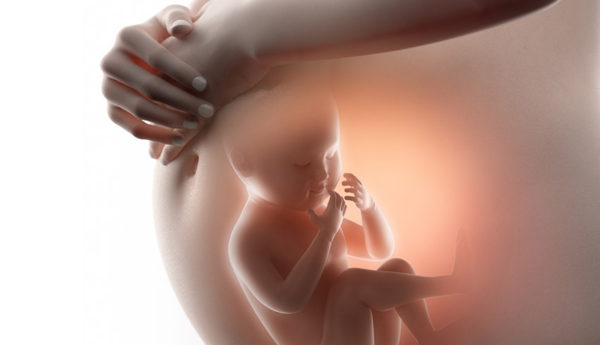
Who is a gynaecologist?
A gynaecologist is a doctor who diagnoses and delivers the treatment for the disease-related to female reproductive systems.
What is obstetrics?
Obstetrics is the field of study that deals with the issues related to the birth of a baby or pregnancy issues of women. Obstetrics also deals with the postpartum period.
Who is an obstetrician?
An obstetrician is a doctor who delivers the services or treatments to pregnant women during the pregnancy period. An obstetrician also provides the surgical procedure to the woman and the baby during the pregnancy.
Who is an ob-gyn?
An ob-gyn is a combination of gynaecologist and obstetrician that means an ob-gyn delivers the treatments for both gynaecology and obstetrics issues.
What are the conditions treated under the field of gynaecology?
The conditions which are treated under the field of gynaecology are as follows.

1. Menstrual disorder
Menstrual disorder means the issues related to the menstrual or periods. The common problems associated with a menstrual female may face as follows-
- ● Severe pain during periods
- ● Irregularity of menstrual problem
- ● Premenstrual syndrome
- ● Heavy menstrual bleeding
2. Pap smear abnormalities
When a Pap smear test shows an abnormal cervical cell, that means the person is suffering from Pap smear abnormalities. The following are included in a pap smear test.
- ● HPV vaccination
- ● Colposcopy
- ● Follow up of abnormal smears
- ● Routine smears
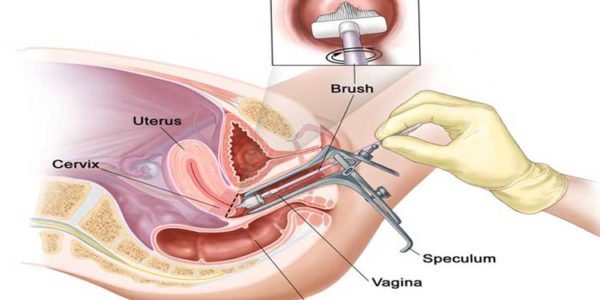
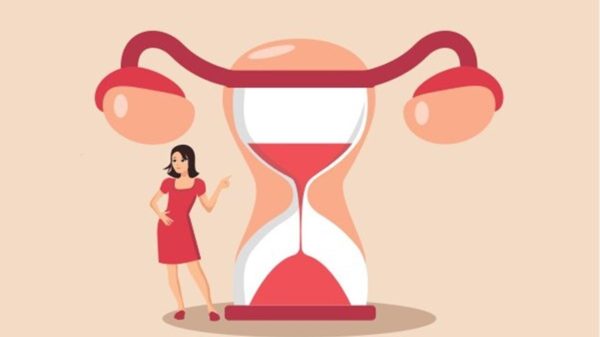
3. Menopause
Menopause is the period of 12 months after the last period women have in their life. The following are some problems a woman may face in their menopause period.
- ● Postmenstrual bleeding
- ● Osteoporosis preventions
- ● Osteoporosis screening and treatment
- ● Symptomatic treatment
4. Pelvic floor disorder
When a person is unable to control the muscle (helps to complete a bowel movement), the person may face pain with bowel movement during pelvic disorder. The following points are included in the pelvic floor disorder.
- ● Pelvic organ prolapse
- ● Urinary tract infection
- ● Urinary incontinence
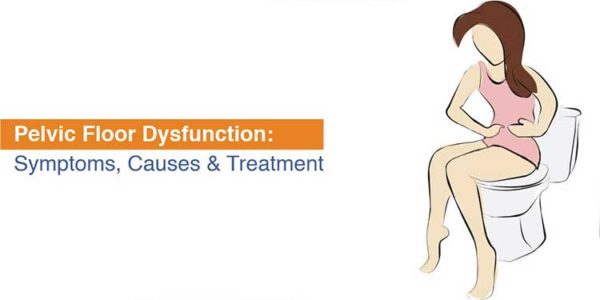
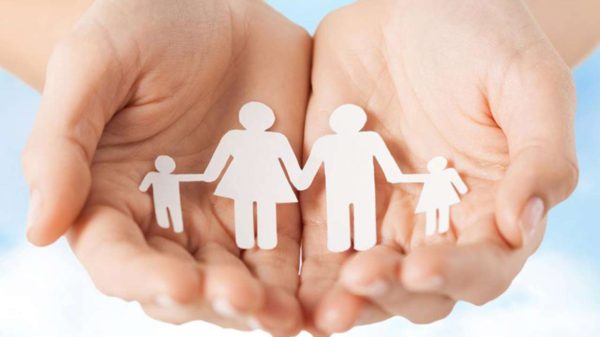
5. Family planning
Family planning services are given to couples who seek birth control. Women with complex medical issues also go to the gynaecologist for family planning.
- ● Mirena insertion
- ● Contraception
- ● Essure sterilisation
- ● Implanon insertion
6. General issues related to gynaecology
Some general issues or conditions related to gynaecological disorder are as follows.
- ● Infertility issues
- ● Pelvic pain
- ● Uterine fibroid
- ● Ovarian cysts
- ● Endometriosis
- ● Polycystic ovarian syndrome (PCOS)
- ● Genital tract infection
- ● Vagina and vulva skin disorder.

Symptoms of gynaecology issues
The following are the symptoms the woman may face
- Soreness in the Vagina and Abnormal vaginal bleeding
- Bleeding after menopause
- Urgent and frequent need of urine
- Limps or sore in the genital area
- Increase vagina discharge
- Vagina discharge with an unusual odour
- Burning, itching, redness or vagina area.
Things not to hide with your gynaecologist
The following are the things one should not hide from the gynaecologist during the treatment.
- ● Vaginal odour
- ● Painful period
- ● Sexual history
- ● Swelling bumps
- ● Sexual discomfort
- ● Faecal or urinary leakage
- ● Low libido
When to see a gynaecologist?
- ● If you have any STIs, you must consult a gynaecologist
- ● If you are having issues related to pregnancy, then you must consult a gynaecologist
- ● If you are having pelvic pain, then you must consult a gynaecologist at the best hospital in Jaipur.
- ● If you have polycystic ovary syndrome, then you must consult a gynaecologist
- ● If you are having faecal or urinary incontinence, you must consult a gynaecologist
- ● If you have pelvic inflammatory disease, then you must consult a gynaecologist
- ● If you have a menstrual disorder, then you must consult a gynaecologist
- ● If you are having any issues related to the reproductive system, then you must consult a gynaecologist
- ● If you are suffering from sexual dysfunction, then you must consult a gynaecologist
- ● If you have congenital abnormalities, then you must consult a gynaecologist
- ● If you are suffering from severe pain during menstrual, then you must consult a gynaecologist
FREQUENTLY ASKED QUESTIONS
Yes, a gynaecologist deals with the issues or disease related to the woman reproductive system only. Still, an obstetrician is the one who delivers the service to the problems related to the woman’s pregnancy.
If you are having any symptoms related to the gynaecological disorder, then you must consult a gynaecologist.